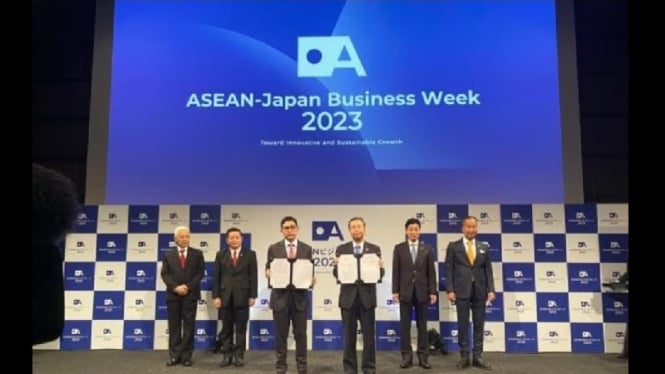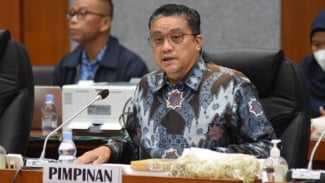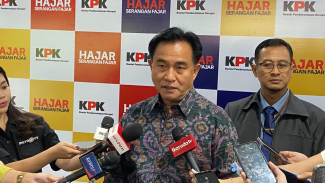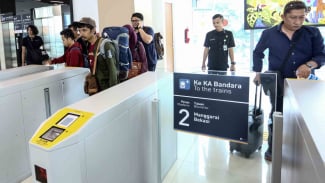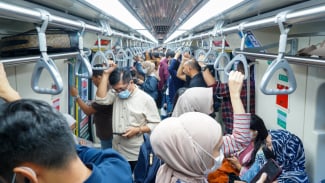ASEAN, Japanese Companies Cooperate for Better Climate Change
- Humas
VIVA – The ASEAN Business Advisory Council (ASEAN BAC) and Japan External Trade Organization (JETRO) are collaborating for the better climate change with the signing of a memorandum of understanding (MoU).
This was signed by ASEAN BAC Chairman and Chairman of Kadin Indonesia, Arsjad Rasjid with JETRO Chairman Ishiguro Norihiko at the Opening of the ASEAN Japan Business Week 2023 (AJBW 2023) in Tokyo, Japan.
"The signing of this MoU aims to accelerate the transition process of companies in ASEAN to assist Japanese companies in achieving their climate change action targets," ASEAN Net Zero Hub Officer Muhammad Yusrizki said in a statement here on Monday.
Through the MoU, the collaboration between the two institutions not only involves cooperation in creating a knowledge center for ASEAN companies but also taking concrete steps in the industrial decarbonization process.
Specifically by assisting companies to create credible transition plans and the introduction of low-carbon technologies such as energy efficiency and new renewable energy (EBT).
In addition, the two institutions also agreed to develop research and network development, and business matching between Japanese companies and companies from each ASEAN country.
Still in the spirit of the ASEAN Matter theme: Epicenter of Growth, the presence of this MoU is expected to be followed by other ASEAN partner countries, such as the European Union, United States, United Kingdom, and China.
Thus, ASEAN will remain the center of world growth amid the dynamics of climate change which is also responded to by the business world.
Ilustrasi
- 1429315
Yusrizki said that without an ASEAN region that has climate resilience, ASEAN's aspirations to become the Epicenter of Growth will be difficult to realize.
Many countries and economic regions in the world have moved in that direction, for example, the European Union with its trade policy called the Carbon Border Adjustment Mechanism (CBAM), sooner or later will have a significant impact on ASEAN exports to the European Union.
Climate change, which has become a global challenge, has also not escaped the attention of Japan and ASEAN in building collaboration toward a low-carbon ASEAN region.
"Sustainability and Net Zero is the only way for ASEAN to continue to grow and become a future economic power during economic disruption due to climate change," he explained.
Yusrizki also said that all countries in ASEAN must collaborate to build a Net Zero Emission Ecosystem (NZE) in the region to be able to make all companies in ASEAN start their journey to become net zero companies as important as the establishment of the ASEAN Net Zero Hub (NZH).
